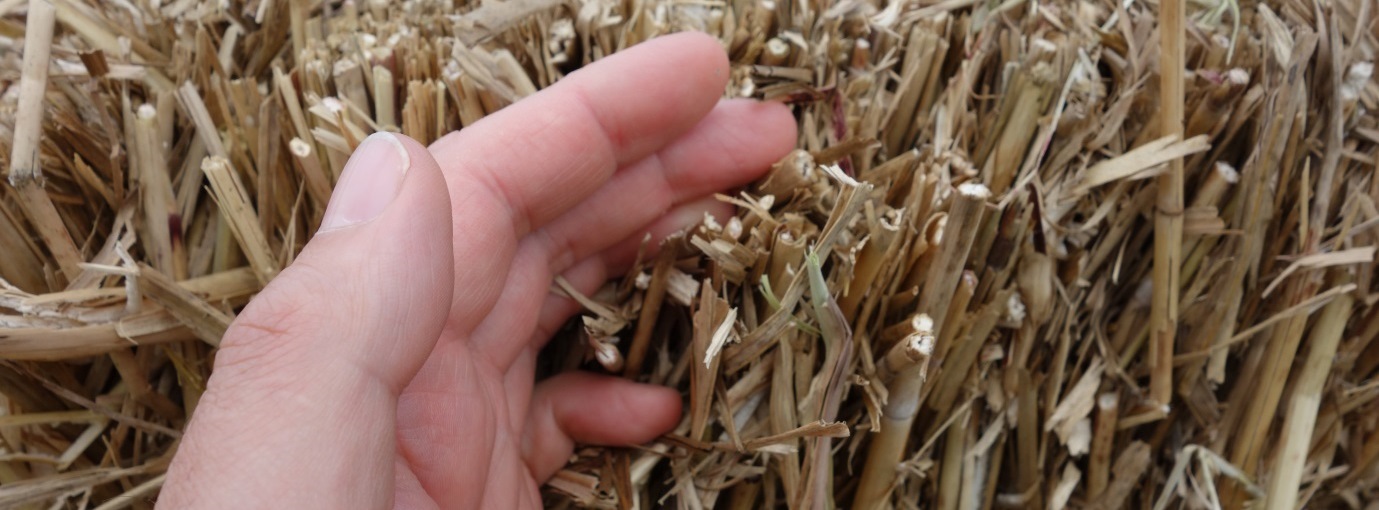Not all biomass fuel is wood
It is difficult to read anything about renewable heat without seeing the word ‘biomass’ inextricably linked with wood. In fact, they are often used interchangeably: “I have a biomass boiler”, “oh, so you heat with wood” etc. The definition of biomass encompasses sources of fuel that are much greater than simple parlance suggests.
Biomass is the term for substances that have grown from animal or vegetable matter (source: R-E-A). This means that any plant material, which is burnt, can be considered a biomass fuel so there are hundreds, if not thousands of different potential biomass fuels.
The following list shows some examples of plant material, which we have come across as biomass fuels in our dealings with Renewable Heat Incentive (RHI) and, more specifically, in the journey to creating the Sustainable Fuel Register (SFR).
- Cereal crops – This can be the straw left after combining the grains themselves, or even the husks left over from the preparation of the grains.
- Grasses – These can be specifically grown for energy crops, such as Miscanthus (Elephant Grass) or Switchgrass, or could be incidental from the management of land or even left-over hay which has failed to find a market.
- Residues from oil productions – Think olive or rapeseed oil production, or indeed any plant that is pressed and oil released, the leftover residue can be used as a fuel.
- Production residues – Coffee husks or other forms of seed husks, fibres or chaff left over from making a product from plants.
- Conservation plant matter – Heather, bracken, gorse or other similar plants cleared from an area, as part of a managed conservation plan for wildlife or flora and fauna.
As you can see, it is not difficult to think of non-wood materials that can be used as fuel. The great advantage of these resources is that it is possible to demonstrate that this material is more suited as a fuel than the other means of handling or disposal. This makes them at least as sustainable as many wood fuel sources and, in many cases, more sustainable.

